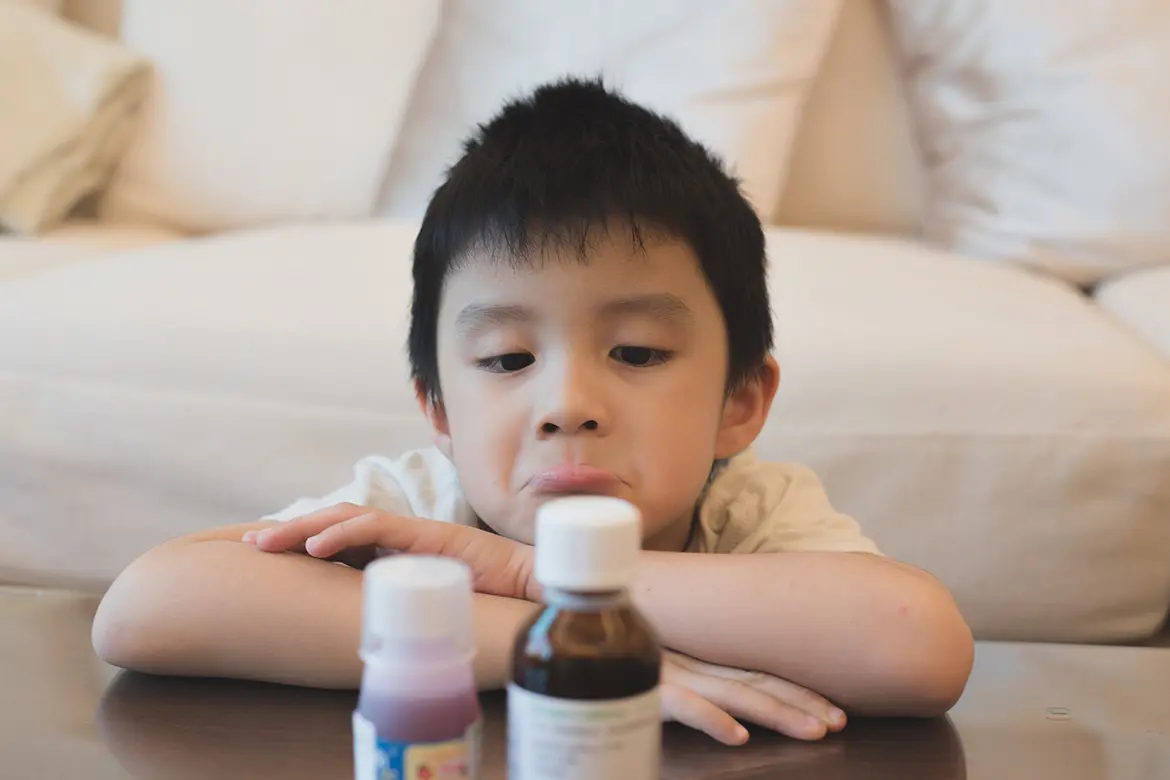Dr Leong Hoe Nam
Infectious Disease Physician


Source: Shutterstock
Infectious Disease Physician
While most of us recognise sores or rashes on the mouth, hands, feet or buttocks as symptoms of the disease, our knowledge rarely extends beyond that. Here are some common questions answered by Dr Leong Hoe Nam, an infectious disease specialist at Mount Elizabeth Novena Hospital.
HFMD is caused by enteroviruses, a large family of common viruses responsible for many infections in people, especially young children and families with young children. HFMD usually lasts less than a week. In serious cases, infections in the brain, lungs or heart may occur.
No vaccines are available in Singapore. In China, however, there is a HFMD vaccine licensed in 2015 for a deadly HFMD strain, EV71. It is unknown if this vaccine is effective against other strains of HFMD.
HFMD may spread through direct contact with an infected person (eg. when touching or kissing them or by coming into contact with their nose and throat secretions, such as saliva, sputum, or nasal mucus, or fluid from blisters, scabs, and faeces). It may also be transmitted by touching objects or surfaces that have the virus on them, like doorknobs or toys.
HFMD is very contagious, so be sure to keep your child away from those infected with HFMD.
You can lower the risk of getting infected with these habits:
If possible, try to isolate the infected individual from the rest of the family. Those who catch the disease from family members are likely to come down with a more severe illness and experience it worse.
Yes, because the body can develop immunity after being infected with the disease. However, there is a lag time between acquiring the disease and gaining complete immunity. During this period, the patient will suffer the symptoms.
Being sufficiently hydrated is key to recovery. If the patient is unable to drink water, the doctor may help hydrate the patient intravenously. Soothing lotions and fever medicine can also help to alleviate the symptoms. To check if the patient is well-hydrated, look out for the colour of their urine. Clear urine or urine with only a slight tinge of yellow is a sign that the patient is adequately hydrated.
It can take 1 – 2 weeks before your child can return to school. Generally, they can return to school when there is no more blistering and they have recovered from the symptoms.
Taking sweetened iced drinks or popsicles can help alleviate the pain caused by mouth ulcers and keep hydrated at the same time. Painkillers like paracetamol, ibuprofen, etoricoxib or celecoxib are also easily available and safe for use.
The key to recovering well and fast is adequate fluid and rest. Although the ulcers in the mouth hurt, drinking lots of water remains essential. To speed up recovery, make sure to get plenty of rest and stay well-hydrated.